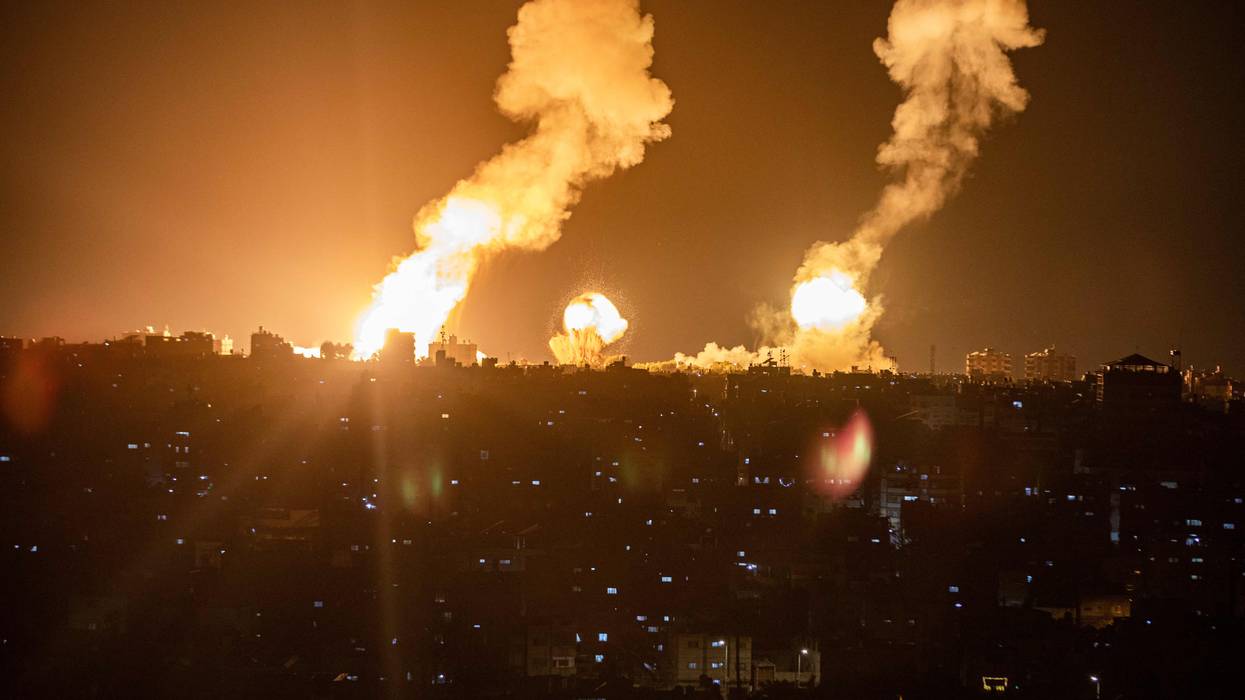But not too far from Melissa’s flood zone, another kind of disaster has been unfolding in comparative media quiet. This one is caused not by climate, but by our autocratic president, who gave us two month’s warning.
On September 23, in a thuggish address to the United Nations, Donald Trump explicitly threatened to blow “Venezuelan terrorist drug smugglers” “out of existence” in blatant disregard of international law or due process. Sure enough, as of the end of October, US forces had conducted 15 air strikes on multiple vessels in the Caribbean and the eastern Pacific.
Politicians, pundits, and the press still have time to get the American people activated enough to stop this country’s next catastrophic war.
The White House thumps on about stopping narcotics flow, but we’ve seen no interceptions, no arrests, no narcotics cargo—only executions.
Melissa took, by an early count, 32 lives. Trump’s warships and drones have officially killed at least 61 people. The survivors and victims include nationals from Colombia, Ecuador, Venezuela, and Trinidad, mostly fishermen and boat crews whose families—and governments—dispute all allegations of narco trafficking. The Trump team doesn’t care. Nor does it care to consult Congress—as the War Powers Act requires—or offer proof.
Now, a massive military force is massed just to the south and east of Melissa’s path of destruction. The US deployment reportedly includes tens of thousands of troops, eight major warships, three amphibious assault ships, a guided-missile cruiser, several fighter jets, and a nuclear submarine. The US military has also reopened formerly inactive facilities in Puerto Rico to support these operations.
It’s the largest military buildup in the Caribbean since the invasion of Panama in 1989, and yet it’s generating less media attention than a gale-force storm.
It’s not too late. Politicians, pundits, and the press still have time to get the American people activated enough to stop this country’s next catastrophic war.
The resignation of the military commander overseeing the operation—Admiral Alvin Halsey—head of US Southern Command, should sound an alarm. Meanwhile, “Demolition Don” is making no bones about his plans. After it was revealed that he’d secretly authorized the CIA to conduct covert action in Venezuela, he bragged, “We are certainly looking at land now.”
What are we waiting for? The blatant buildup to this country’s next imperialist war is at least as terrifying as a hurricane—or it should be.
Catch my conversation this Friday, October 31 at 5:00 pm ET with US Rep. Pramila Jayapal (D-Wash) and Marine Captain Janessa Goldbeck on the president’s threat to invoke the Insurrection Act, exclusively on Laura Flanders & Friends.



